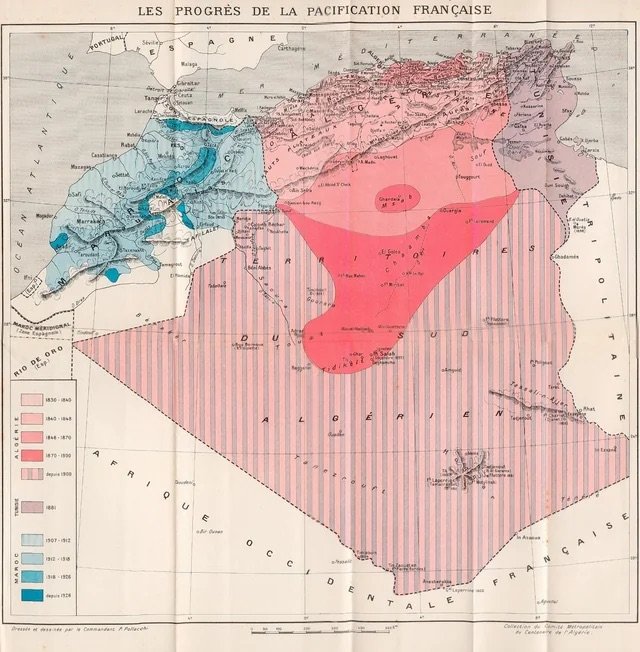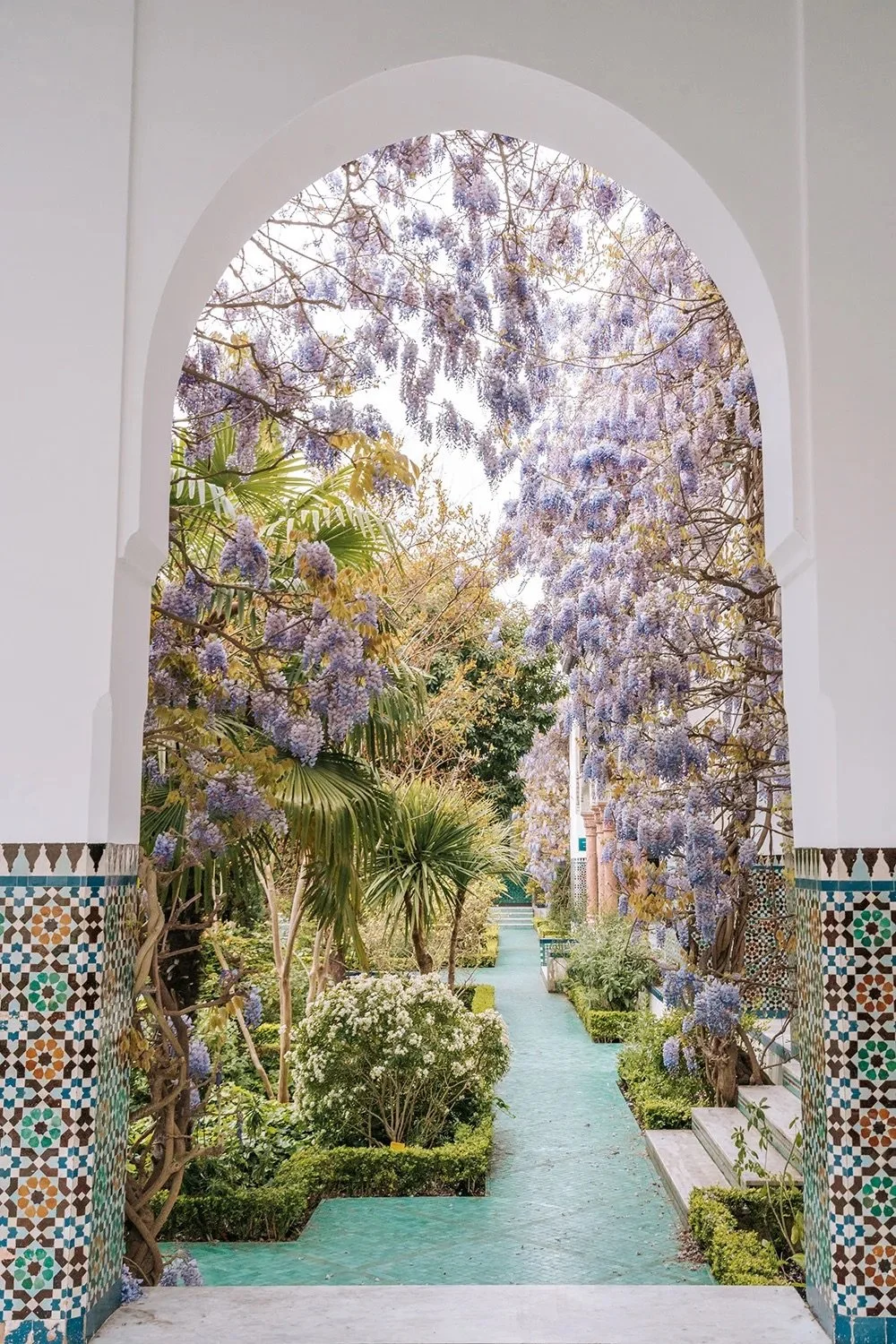Safiyyah's War
For ages 9+
I had never read a story about Muslims saving Jews from the Nazis, and I couldn't wait to find out more.
By Hiba Noor Khan, illustrated by Rebecca Ashdown (Andersen Press, 2023)
AD - PR
'Shoah' is the Hebrew for the word 'catastrophe', and the term used by Jews for the 'Holocaust' (itself the Greek word for 'sacrifice by fire') that took place during World War 2 (1939-1945). I've read a fair amount of children's literature about or featuring the Shoah - both picture books and middle grades. I have never read a story about Muslims saving Jews from the Nazis, and I couldn't wait to find out more.
Based on the true events that took place in Paris during WW2, of a community of heroic and compassionate North African-heritage Muslims who selflessly risked their lives to ingeniously hide Jews (and sometimes British soldiers) from the Nazis, then helped them to escape; I simply cannot wait to share it with you.
Khan's book provides children (and adults alike) with a new perspective on how WW2 played out, not so far from the UK, across the channel, in France. Unlike the UK who were never forced to surrender to the Germans, the North of France experienced German occupation first hand following the French government collapse in May 1940, and the subsequent division of France into the northern occupied territory and the south of French still fighting alongside the Allies.
Many children in our classrooms and homes in the UK may also not yet be aware of the other European countries' colonisation history. France invaded and colonised Algeria in North Africa in 1830, and Safiyyah’s family are Algerian-French, with her grandma, Setti, being able to remember some of the horrors of being under French rule back home in Algeria. Setti often remembers her younger days back in Algeria (often with her favourite fruit, oranges, in her hands) as the German Nazi power gets ever closer to suppressing and controlling Paris and its inhabitants.
Above: Images of 1930s maps of African and Algeria (as a French colony)
As the book's title imparts, this is Safiyyah's story, the wartime experiences of a young Muslim girl living in the heart of Paris and how life changed dramatically for her during the Nazi occupation. Safiyyah's life in Paris starts out very much like any other child. It's about home life, school life, family, best friends. Her family live in the famous Grande Mousquée de Paris (the Great Mosque of Paris - a real place) in the 5th arrondissement (a borough) of Paris, which is one of the oldest in the capital city and situated along the River Seine that flows right through the middle. The area is famous for its academic buildings and institutions.
Above: Photos of the Great Mosque of Paris / La Grande Mousquée de Paris
Safiyyah and her family live in an apartment within the Mosque compound, as her Baba (Daddy in Berber, the language of a North African indigenous people, Baba's family being from Algeria) works closely with Imam (religious leader). Throughout the story, the author's vivid descriptions of the interior of the Mosque, with the flowers in bloom in the gardens there represent the hope, comfort and reassurance to Safiyyah and her family faith and surroundings. As you can see hopefully from the images above, this certainly is a fitting place not only for prayer, but for sanctuary.
Before the war, Safiyyah likes nothing more than to be in the library, exploring maps and books that take her to places around the world. One day she might become an explorer, she thinks. She adores Madame Odette, the librarian, who occasionally shares her strawberry bonbons with her petit chou-fleur. It doesn't take much for the reader to feel how much of an ambitious and global thinker Safiyyah is - likely an unusual headspace for a girl during the 1930s, but her family absolutely love this about her.
The Muslim festival of Eid has just been and gone, and there are still unopened presents by Safiyyah's bedside when war comes to Paris. The tone of the dawning of this new era is ominous and the impending doom palpates off the page at the very moment the family find out that the Germans have entered France - they are in shock, there are so many unknowns. Will Muslims and Jews be safe from the Nazi extreme ideologist soldiers? The bombs? Who might be killed? There is a sudden pit-of-the-stomach realisation of the possibility of great suffering. Yet, like many others, Safiyyah and her family still hope, they hope that the fighting won't reach Paris, that the French soldiers and the Allies will defend them before it's too late.
Similar to many religions from around the world, whether Sikhism, Hinduism, Buddhism, or the Abrahamic branches of Judaism, Islam and Christianity, all have embedded in their holy beliefs that they are to care for other human beings, for those within their community. One of the controversies around some ancient-origin religions is the segregation and lack of equal rights for women, a highly complex subject. I elude to this for a singular reason in regard to this story, because it is as a result of the segregation of women for prayer within the Mosque that it was possible for Safiyyah's father and Imam to hide Jewish families away from the Nazis whenever the arrived for a planned visit or even a raid. Astonishingly, the Germans respected the wishes of the Imam that their holy ground was not disrespected. The author explains this tolerance, as the Germans treading on eggshells around North African heritage Parisians especially, as any turning tide against the Germans in North Africa as they are fighting off the Allies could mean huge strategic military losses.
One of the fascinating theatres of this story takes places within the school classroom. At the start of the story the reader is introduced to a mixture of characters, boys and girls of mixed faith, heritage, wealth and status. There are best friends, know-it-alls, bullies... like your average school bunch of kids! Post the Nazi-occupation, we witness the transmorphism, the brainwashing, indoctrination, the language of the new Hitler youth... the anti-semitism. Safiyyah and her friends don't stand for it, not one bit:
"I don’t get it, it’s the stupidest thing I’ve ever heard, picking on people just because of how they worship God?!’ ‘Me neither... Hitler blames Jews for everything wrong with the world. The Nazis have been treating them horrifically in Germany already, and now they’re spreading their evil further.’ ‘Ughh. My baba said Hitler is no better than the Devil himself.’ ‘And it’s not just Jews, he says black people and those with disabilities are less human too! Definitely devilish."
There are significant relationships within the story between Safiyyah and her family, and Jewish victims of Hitler's armies. One Jewish elder that Safiyyah and her family regularly care for in their community is one Monsieur Cassin, a botanist. He lives alone, in a jungle-like home filled with his specimens, flowing with paper drawing and his writings for his life's work. It is for this kindly man that Safiyyah and her father take many a risk to keep him safe throughout the book. Another is Hana, one of Safiyyah's Jewish classmates. I can't even begin to tell you Hana's story within my review. I don't want to reveal a single moment of the beauty of her rescue and healing care of the Mosque, you'll be dabbing the corners of your eyes on many occasions the closer the Germans realise they're losing the war. The parental and sibling love, and nurture the Jewish children separated from their parents receive from their temporary Muslim foster families at the Mosque is so moving, especially as there is so very little to go round already with the lack of food and clothing due to extreme rationing. There is even a Passover ‘Seder’ meal, arranged by the Mosque in utmost secret, for the Jewish people in their care, an event that brings joy to all.
We continue to be fascinated by the Resistance - the tangled web of spies that helped the Allies win the war, ordinary people who threw all caution to the wind in order to become saboteurs, messengers or informants. Not only are there adults in this story finding ways to help Jews to safety, hide them or take them hidden provisions, but children like Safiyyah end up becoming recruited as a last desperate resort. Readers will very much enjoy reading about the adrenalin-filled missions both she and a new found accomplice undertake.
Alas there is the death of Safiyyah’s beloved grandma, Setti, that readers will experience in a torrent of mixed emotions as they feel the pain and rage of Safiyyah’s grief mixed with our privileged position as the outsider looking in, where we can feel sorrow, but also Setti’s faithful journey is not ending but continuing in the afterlife with loved ones much missed. Setti is the voice of wisdom within the story. One of her many pearls include this:
“The cries from broken hearts speak only one language. Their screams echo up to the heavens like no other sound.”
Guess what, my fellow book-addicts, there’s a 10 years later chapter at the end!! I LOVE it when authors do these!!! The ‘Historical Note’ section at the back and the small ‘Glossary’ on the very final page of the book are testament to the jaw-dropping amount of research and personal attention to detail the author has undertaken to bring this story to the world of young readers (and old). As the author points out, both Jewish and Muslim tradition share the saying;
For whoever saves a single life, it is as if they have saved all of humanity.
'Safiyyah's War' is a WW2 story with many heartwarming inter-faith friendships and bonds that speak out against today’s ongoing anti-semitism and Islamophobia. Not only is this an incredible adventure story, but a much needed addition to bookshelves to balance the history books.
““When I first began researching the role of the Grand Mosque of Paris in saving Jews, I was absolutely blown away. I was moved to tears by their remarkable courage and commitment to humanity and awed by the sophistication and resilience of their activities. For far too long, this story has remained in the shadows. I feel incredibly grateful to have the opportunity to write this story and intend for it to be a humanising, unifying force in an all-too-often bitterly divided world. My hope is that the time has now come for these forgotten heroes to be honoured, for their stories to be told and celebrated. Both Jewish and Muslim tradition share.” (Source: The Bookseller)”
Further research
There are various videos on YouTube that feature the history of the Great Mosque of Paris during WW2 with footage of the beautiful gardens and inside the Mosque itself, including the true story of the Imam who helped the local Jews escape the Nazis through the tunnels.
Praise for 'Safiyyah's War'
‘Luminously written’ - KATYA BALEN
‘A special, heartfelt book’ - A M DASSU
‘An extraordinary book’ - A F STEADMAN
‘Has the makings of a classic’ - AISHA BUSHBY
‘A story for our times. I loved this book’ - KIRAN MILLWOOD-HARGRAVE
‘A beautifully and sensitively written story’ - A M HOWELL
‘The book shines through with kindness and empathy’ - NIZRANA FAROOK
Reviewed from an advance reading copy provided by the publisher









